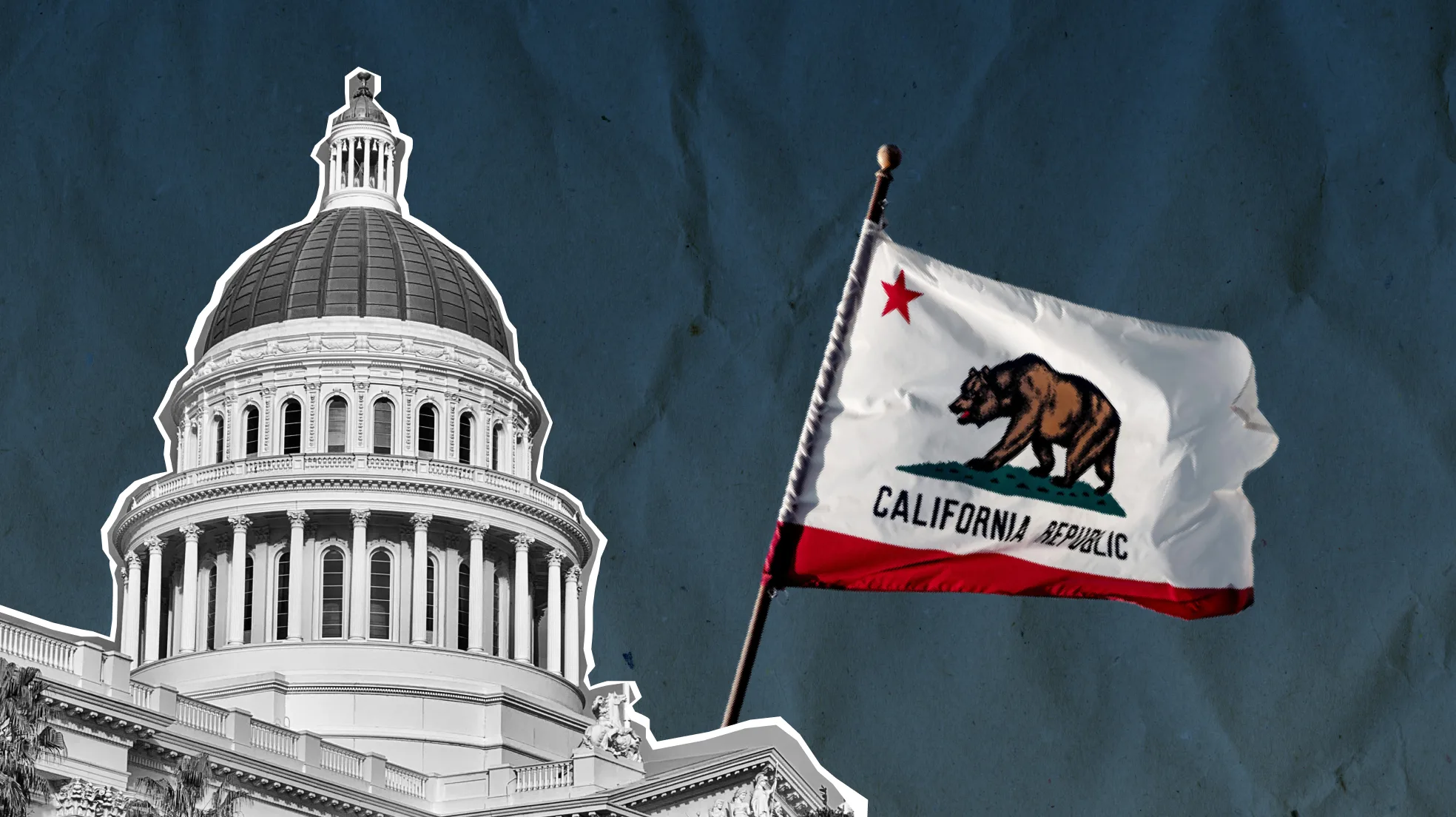
On September 27, 2024, California’s Democratic Governor, Gavin Newsom, signed into law Senate Bill 219 (SB 219). This landmark legislation amends the Climate Corporate Data Accountability Act (SB 253) and the Climate-Related Financial Risk Act (SB 261). Both acts previously set rigorous reporting requirements for companies operating in California.
| Threshold | Requirements | Effective Dates | |
| SB 253 | Companies with over $1 billion in total annual revenue | Disclose scopes 1, 2, and 3 greenhouse gas (GHG) emissions | January 1, 2026 (for 2025) |
| SB 261 | Companies with revenue more than $500 million | Submit biennial climate-related financial risk reports to CARB | January 1, 2026 (for 2025) |
Importantly, SB 219 does not abolish these existing reporting mandates. Instead, it introduces new flexibility for covered entities. Companies now have more options for compliance, which may ease the reporting burden. Furthermore, SB 219 is less prescriptive regarding the regulations CARB must adopt. This shift allows for a more adaptive regulatory environment, accommodating the diverse needs of businesses while maintaining accountability.
On October 7, 2023, Governor Newsom signed into law two pivotal bills: SB 253 and SB 261. Together, these bills form the Climate Accountability Package. This legislation generated significant attention, as it mandates climate-related disclosures for all U.S. companies “doing business” in California that meet specific annual revenue thresholds. Under SB 253, companies with revenues exceeding $1 billion must report their emissions. Meanwhile, SB 261 targets those with over $500 million in annual revenue.
Given California’s status as the fifth largest economy in the world by gross domestic product, many experts believe these bills will impact a substantial number of large U.S. companies. Some estimates suggest that the laws could capture the majority of Fortune 1000 companies. This wide reach highlights the potential influence of California’s regulations on corporate sustainability practices nationwide.
The amendments introduced by SB 219 primarily focus on granting additional time for the promulgation of related regulations while largely maintaining the existing reporting deadlines. This change will likely reduce the time available for companies to prepare their disclosures.
Key substantive changes between SB 219 and the original SB 253/SB 261 include:
SB 219 generally aligns with the compliance dates established in SB 253 and SB 261. However, in certain instances where SB 219 modifies compliance requirements, it offers greater flexibility. Below is a summary of the compliance dates for covered entities, highlighting where SB 219 differs from the original timelines outlined in SB 253 and SB 261.
| Requirement | Original SB 253 | Changes Under SB 219 |
|---|---|---|
| Scopes 1 and 2 Emissions | Starting in 2026, on a date set by CARB, and annually thereafter | No changes |
| Scope 3 Emissions | Starting in 2027 and annually thereafter, no later than 180 days post disclosure of scopes 1 and 2 | Starting in 2027, on a schedule specified by CARB |
| Measurement and Reporting | Commencing in 2026, following the Greenhouse Gas Protocol guidelines | No changes |
| Limited Assurance for Scopes 1 and 2 | Required starting in 2026 | No changes |
| Reasonable Assurance for Scopes 1 and 2 | Required starting in 2030 | No changes |
| Annual Fee Payment | Due upon filing the disclosure | No specific deadline |
| Requirement | Original SB 261 | Changes Under SB 219 |
|---|---|---|
| Publication of Climate-Related Financial Risk Report | By January 1, 2026, and biennially thereafter | No changes |
| Fee Payment | By January 1, 2026, and biennially thereafter upon disclosure filing | No changes |
As SB 219 unfolds, it introduces flexibility for the California Air Resources Board (CARB) to navigate SB 253 and SB 261. However, this flexibility may create uncertainty for companies preparing for upcoming climate disclosure requirements. The ongoing litigation surrounding these bills adds another layer of complexity, potentially affecting reporting timelines and requirements.
Amidst these developments, companies face an urgent call to action as the 2025 compliance period approaches. Establishing strong greenhouse gas (GHG) emissions monitoring, accounting, and auditing systems is essential. This preparation becomes a vital step toward fulfilling California’s climate accountability goals.
While these tasks may feel overwhelming, they also represent an exciting opportunity for growth and innovation. With Sprih, companies can simplify their sustainability efforts. Our platform offers comprehensive tools for measuring and monitoring carbon emissions, including the often challenging Scope 3 emissions. We also facilitate science-based target reduction settings and provide industry benchmarking.
We align with key global reporting frameworks such as TCFD, CDP, SASB and GRI. This alignment ensures that you can efficiently generate reports for compliance filings.
Moreover, we are eager to empower you as environmental champions. Our platform connects you with climate solution partners, helping you identify actionable steps to reduce and offset your environmental impact.
With Sprih, you can ease the burden of sustainability. This allows you to focus on what matters most—running your business. Together, we can navigate these changes and work towards a greener future for our planet.